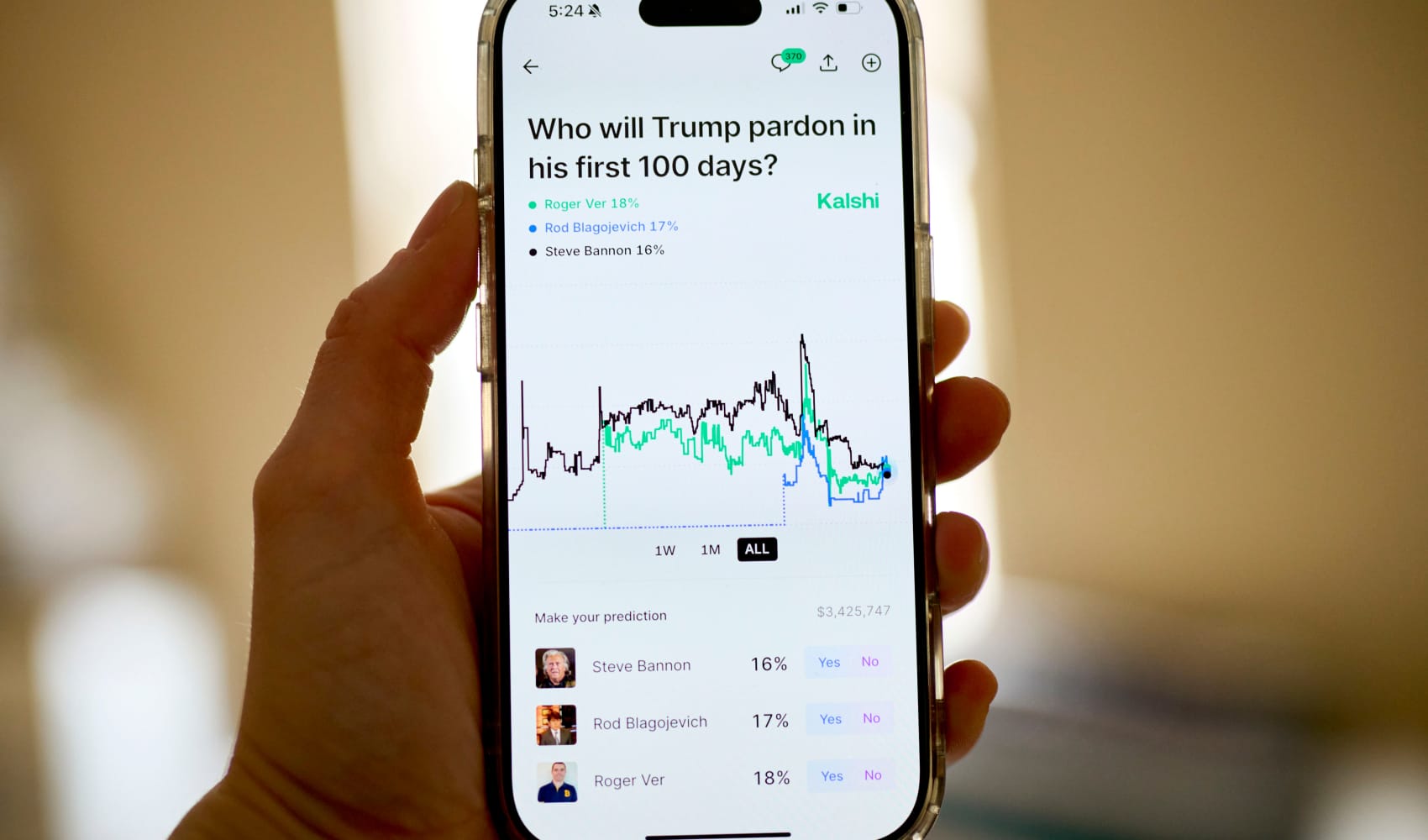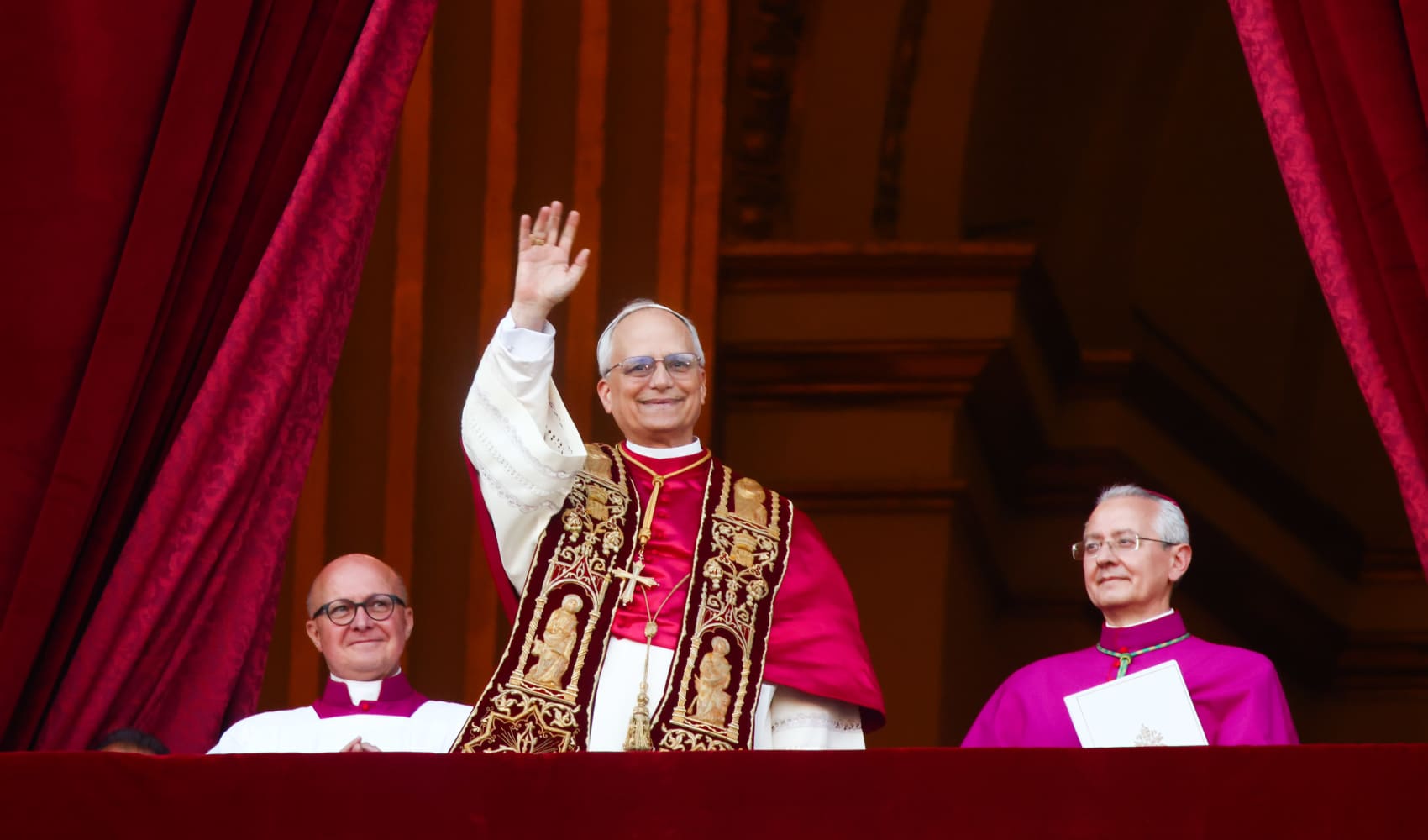Kalshi's Election Bets: CFTC Drops Appeal – What It Means
Kalshi Political Bets: CFTC Drops Appeal – What's Next?
Introduction: A U-Turn in the Betting Arena
The world of prediction markets just got a little more interesting. Imagine being able to bet on who will be the next presidential nominee or which party will control the Senate. That's the playing field KalshiEx is trying to create, and the Commodity Futures Trading Commission (CFTC) just made a surprising move. They're dropping their appeal against a court ruling that allows Kalshi to offer these election-related bets. What does this mean for the future of political betting? Let's dive in and explore.
The CFTC's Change of Heart
So, why the sudden change? The CFTC, which is supposed to regulate commodities markets, was initially against Kalshi's foray into political prediction markets. They believed it went against regulations, possibly blurring the lines between hedging and gambling. However, in a recent filing at the U.S. Court of Appeals for the District of Columbia Circuit, the CFTC stated that their proposed dismissal was voluntary and agreed upon with Kalshi. This suggests a potential compromise or a shift in the CFTC's perspective.
KalshiEx: The Disruptor in the Prediction Market
KalshiEx isn't your typical betting site. It operates as a regulated commodities exchange, allowing users to trade contracts based on the outcomes of various events, including political races. Think of it as the stock market, but instead of stocks, you're trading predictions. This unique approach has allowed them to push the boundaries of what's considered a legitimate trading market.
What Bets Are on the Table?
2028 Presidential Nominees: Crystal Ball Gazing
One of the most intriguing aspects of Kalshi's offerings is the ability to bet on who will be the Republican and Democratic presidential nominees in 2028. It's like peering into a crystal ball! This allows people to put their money where their mouth is regarding their political predictions.
Georgia Senate Race: Predicting the Power Balance
The Georgia Senate race has become a focal point in recent years, often determining which party controls the Senate. Kalshi offers contracts that allow users to bet on which party will win the race. This could be seen as a way to hedge against potential policy changes.
Ohio Governor's Race: Betting on the Buckeye State
Even state-level races are on the table. Kalshi allows users to bet on who will be the Republican nominee for the governor of Ohio. This shows the breadth of their political offerings.
The Legal Battle: A Rollercoaster Ride
The journey to offering these political bets hasn't been smooth sailing for Kalshi. They've faced legal challenges from the CFTC, who initially argued that these types of contracts weren't in line with regulations. The recent decision by the CFTC to drop their appeal suggests a potential shift in the regulatory landscape.
Potential Benefits of Political Prediction Markets
Enhanced Price Discovery: A Collective Wisdom
Prediction markets can provide valuable insights into the likelihood of future events. The collective wisdom of many participants can often be more accurate than individual predictions. This can be useful for businesses, policymakers, and even individuals trying to make informed decisions.
Hedging Against Political Risk: Protecting Your Assets
Businesses and investors can use prediction markets to hedge against potential political risks. For example, if a company anticipates that a particular policy change could negatively impact their bottom line, they could use prediction markets to offset some of those losses.
Potential Risks and Concerns
Manipulation and Misinformation: A Troubling Shadow
One of the biggest concerns surrounding political prediction markets is the potential for manipulation and the spread of misinformation. Someone could try to artificially inflate or deflate the price of a contract to influence public opinion.
Ethical Considerations: Betting on Politics?
Some people may find the idea of betting on political outcomes to be unethical or distasteful. The concern is that it could incentivize people to prioritize financial gain over the well-being of society.
The Future of Prediction Markets: Where Do We Go From Here?
The CFTC's decision to drop their appeal could pave the way for further growth and innovation in the prediction market space. We may see more exchanges offering contracts based on political and other real-world events.
The Broader Implications: A New Era of Information?
Could prediction markets revolutionize the way we gather and analyze information? Imagine a world where we could use these markets to predict everything from economic trends to scientific breakthroughs. It's a tantalizing possibility that could transform our understanding of the future.
Regulation and Oversight: Keeping the Market Fair
As prediction markets continue to evolve, it's crucial to have effective regulation and oversight to prevent manipulation and protect consumers. The CFTC and other regulatory bodies will need to adapt to this rapidly changing landscape.
Impact on Political Campaigns: A Double-Edged Sword
The rise of political prediction markets could have a significant impact on political campaigns. Campaigns may start paying closer attention to these markets as a way to gauge public sentiment and adjust their strategies. However, they also run the risk of being influenced by misinformation and manipulation.
How to Get Involved (If You Dare!)
If you're interested in exploring political prediction markets, it's essential to do your research and understand the risks involved. KalshiEx offers a platform where you can trade contracts, but it's crucial to approach it with caution and only invest what you can afford to lose.
Conclusion: A Glimpse into the Future
The CFTC's decision to drop their appeal regarding Kalshi's political betting offerings marks a significant moment in the evolution of prediction markets. While there are potential benefits, such as enhanced price discovery and hedging against political risk, there are also risks and concerns, including manipulation and ethical considerations. The future of political prediction markets hinges on effective regulation and oversight to ensure fairness and transparency. It's a fascinating space to watch, and only time will tell how it shapes the political landscape.
Frequently Asked Questions
- What is KalshiEx?
KalshiEx is a regulated commodities exchange that allows users to trade contracts based on the outcomes of various events, including political races. Think of it like a stock market for predictions.
- Why did the CFTC drop their appeal?
The CFTC's decision to drop their appeal was voluntary and agreed upon with Kalshi. The exact reasons are not fully clear but suggest a potential compromise or a shift in the CFTC's perspective on political prediction markets.
- What are the potential benefits of political prediction markets?
Political prediction markets can provide valuable insights into the likelihood of future events, allow businesses and investors to hedge against political risks, and potentially revolutionize the way we gather and analyze information.
- What are the potential risks of political prediction markets?
Some risks include the potential for manipulation and the spread of misinformation, ethical concerns about betting on political outcomes, and the possibility of influencing political campaigns through market activity.
- Are political prediction markets legal?
The legality of political prediction markets is a complex issue that varies depending on jurisdiction and regulations. KalshiEx operates as a regulated commodities exchange, but it still faces legal challenges and scrutiny from regulatory bodies like the CFTC. The recent decision suggests a more accepting regulatory environment, but continued monitoring is essential.

